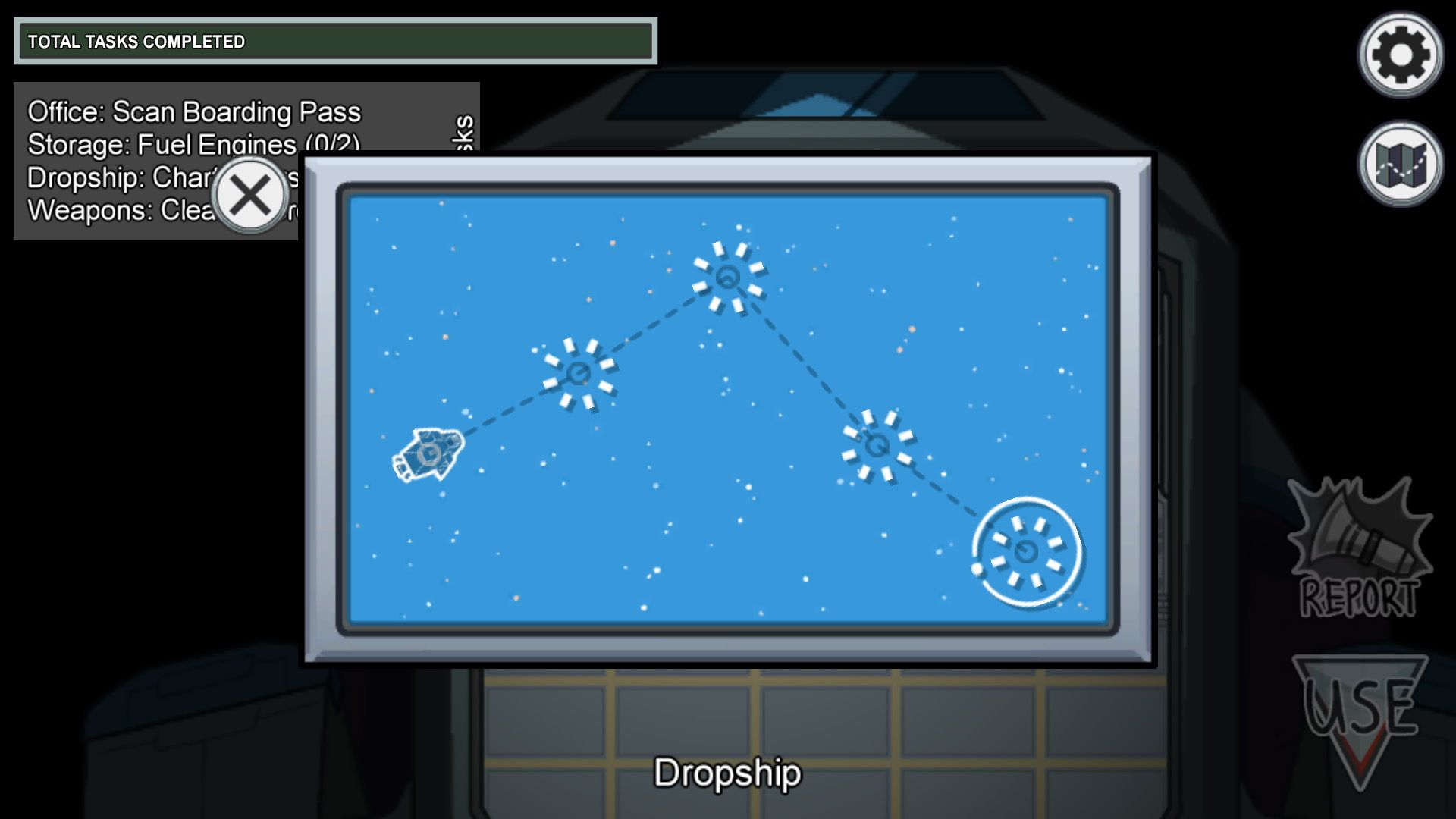
Perhaps you’ve been unable to train – through illness, injury or a heavy workload. You can’t keep setting big PBs, obviously, but do look for reasons for a slow-down. Improvements tend to happen quickly at first – you can take huge chunks from PBs every few months – but as you get fitter and quicker, the improvements become harder to achieve. Make sure that you never follow a hard training day with another one, and pencil in some rest – a day or two before the race is ideal. If all of your sessions are eyeballs-out, then come race day, there’s a good chance your legs will let you down just when you need them most. That’s the stuff that flows through your muscles and causes those heavy legs.ĭon’t go overboard with speedwork, though, as overtraining can also contribute to race-day blues. Not only will it make you faster, but over time it’ll reduce your production of lactic acid. Even if you’re running marathons, speedwork is vital. My breathing’s fine, but my legs feel heavyĬheck your training log. Feeling great and full of running at the end of a race is an all too rare occurrence, and there’s a good chance that you’re about to run some PBs.

If you started in a controlled, relaxed manner and then eased down for the rest of the race, then you still need to work on your pacing! If that isn’t the case, don’t worry. This could be because you’ve taken the previous advice too far. Your body’s the same, so fuel up – see the other advice on these two pages about how to eat and drink properly before and during your race. If you don’t put enough petrol in your car, it’ll conk out before you get home. For shorter races, plan to run further than the race distance in training. If your longest run has been eight miles, don’t be surprised when the wheels fall off at the 15-mile point of a marathon, for instance.

You can also blow up if you haven’t trained properly. In fact, as the rest of the field tires you’ll just keep picking up places. Unless you’re running in the 100m, a controlled, relaxed start won’t do any harm. Were you a little over-enthusiastic at the start? Without fail, every race has a group of runners who speed off when the gun goes – and spend the rest of the race slowing down. The end of the race is in sight, but you feel as if you’re running through porridge and scything through the field backwards.

Throughout your running life there’ll be races that you’ll look back on and think, “What the hell happened there?” Here are the answers to a few of those head-scratching scenarios:


 0 kommentar(er)
0 kommentar(er)
